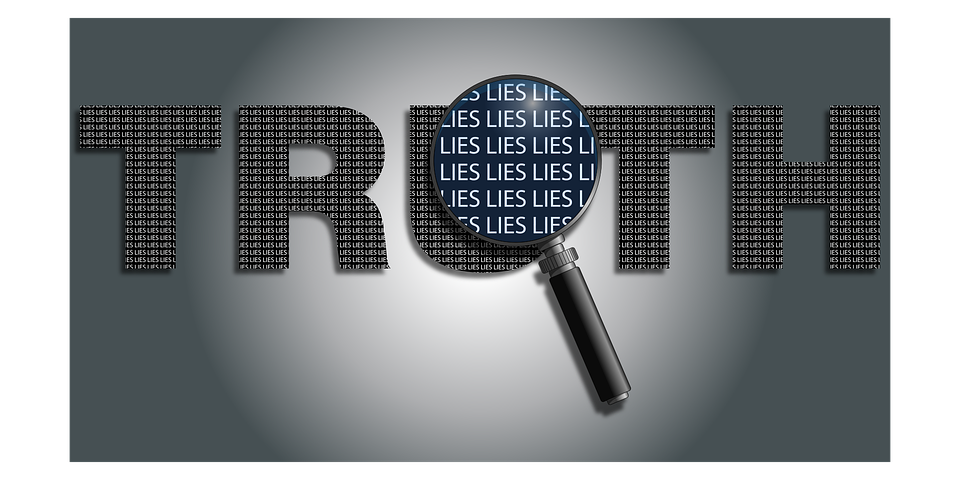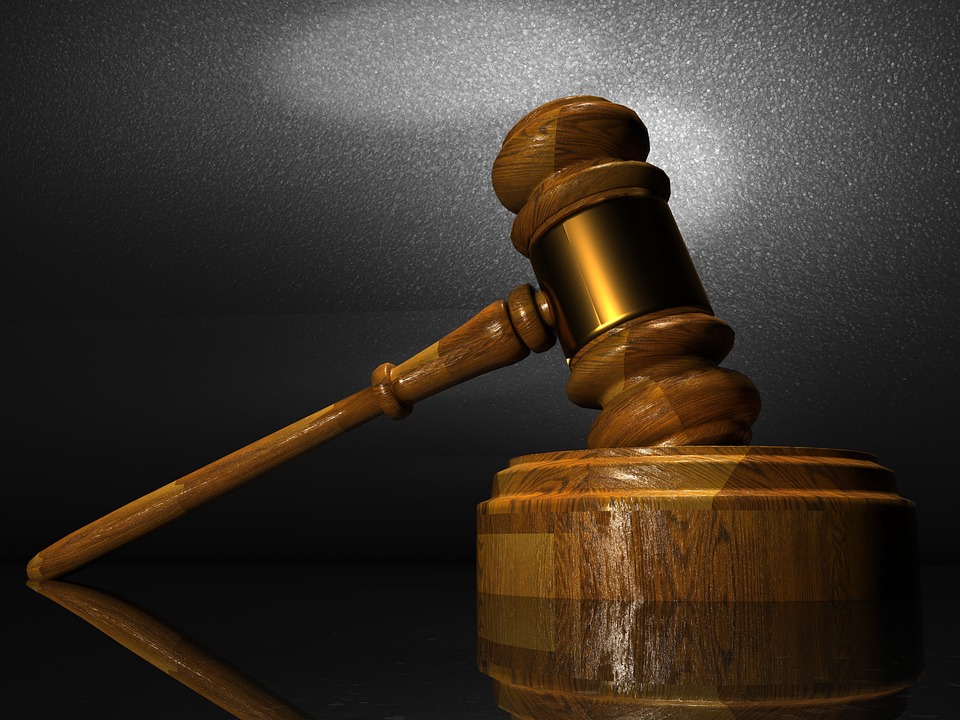Taking the Stand: What to Expect If You Testify in Your Criminal Case
It isn’t always the best strategy for a defendant to take the stand during a criminal case. In fact, there are several situations in which a NY defense lawyer would strongly advise a client against testifying. For example, if the defendant seems uncertain or forgetful of the facts important to a criminal case, then testifying may open the door for a prosecutor to strengthen the government’s case.
Yet, there are times when a defendant’s testimony is persuasive or necessary. Some defendants feel strongly about clarifying circumstances, adding context to the events before, during, or after an alleged crime, or giving the jury his or her perspective. A defendant must be fully prepared to take the stand in a criminal case. Strategy and planning with a NY defense lawyer are crucial. Here’s what else you should expect before you testify.
#1: Only Tell the Truth and Nothing But the Truth

Every witness, expert witness, or party to a criminal case must take an oath before providing testimony. As you likely witnessed on crime shows and movies, the central promise in this oath is to tell the truth. Every defendant should take this oath seriously, not just because your hand is on a sacred text or made in these formal circumstances, but also breaking this oath could cripple your case.
If a lie is exposed, then it could prove fatal to your defense strategy. Not only is the jury less likely to believe your not guilty plea, but may afford the prosecutor more latitude and find other faults with your defense. In short, lies create prejudice against you in a criminal case. As well, lying on the stand results in additional criminal charges for perjury. This is a very serious criminal offense in NY.
#2: Stick to the Facts
There is no need to embellish while on the stand during a criminal case. You want to answer every question with a short, clear, and straightforward response. When your NY criminal lawyer poses an opened ended question, you should limit the answer to the specific question asked. Do not dive into details that are irrelevant or unimportant, as these detours could confuse the jury or open the door for a prosecutor to ask more questions on cross-examination.
During cross-examination, the prosecutor will ask yes or no questions. You will be directed by the prosecutor to provide that one-word response, but in these situations, it can be helpful to add some clarification. In particular, if an answer hurts your criminal case, you’ll want to squeeze in some explanation or reasoning for that answer.
#3: Prepare Equally for Cross-Examination
Before you take the stand in a NY criminal case, your defense lawyer at Koch Law will practice all aspects of your testimony. You will discuss every question the lawyer plans to ask on direct examination, including the reason for the question and possible ways to give honest and clear answers. Then, you will practice for cross-examination.
An experienced criminal defense lawyer will have some inclination and insight into the possible questions a prosecutor will ask during cross-examination. However, it is impossible for any lawyer to be certain what will happen in a criminal case. Part of the preparation for cross-examination is preparing for the unknown. You need to spend substantial time answering a prosecutor’s potential questions and formulating the best answers. Most often, preparation for cross-examination takes place in a confidential environment in the days and weeks leading up to a NY criminal trial.
#4: Allow Your Defense Strategy to Shape Your Testimony

One advantage of a defendant testifying in his or her own criminal case is the opportunity to build rapport and credibility with the jury. Often, taking the stand is a very strategic decision that is designed for a specific outcome. Therefore, your testimony must match the other aspects of your defense strategy. You may spend hours with your NY defense lawyer developing the exact tone and presentation used during your testimony.
#5: Don’t Lose Your Temper
It is a common scene during the movies. The defendant agrees to testify during his or her criminal case. On the stand, the prosecutor asks hard-hitting questions that poke holes into the defendant’s credibility or insecurities. In some instances, these questions even raise embarrassing or hurtful facts instrumental to the criminal case. During this line of questioning the defendant becomes angry or upset. These emotions rarely sit well with a jury in a NY criminal case.
We highly recommend your decision to testify in a criminal case with an NY criminal lawyer first and following the advice of your attorney. At Koch Law, we can represent you through all phases of a state or federal criminal trial, including the decision to take the stand. Contact us to learn more at (844) 562-4529.






